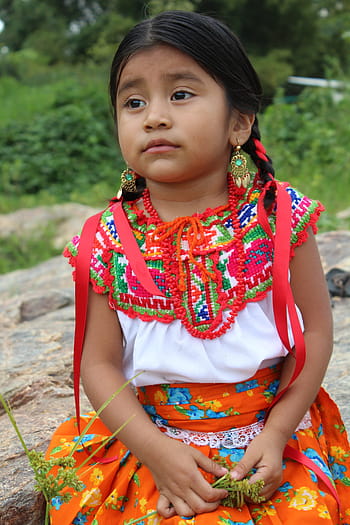
It is now widely accepted that secure access to natural resources, and especially to water, is vital to protect Indigenous peoples’ cultures, livelihoods, and ways of life. International law, notably through the ILO Convention No 169[1], has pushed towards the global recognition of the rights of these communities to have sovereignty over their territories and resources. At the national level, indigenous communities worldwide have started to mobilise to assert their rights to water and they are increasingly able to sustain their claims.
For the last 50 years, an outdated presidential decree that had been issued in 1967, prohibited the Zapotecos people from the Oaxaca Valley from using their own water resources. In 2005, a series of droughts brought this to light as water fees began to rise while water supply was restricted and the indigenous communities had no rights over the groundwater resources. These communities, along with the Human Rights Defender of the People of Oaxaca, came together to claim their rights and consequently the indigenous consultation process was initiated in 2015. Their proposal was submitted to CONAGUA (the Mexican Water Authority) and became the first one to reach the fourth stage of the process. This process is likely to become the first successful consultation process carried out according to national and international law in Mexico, as it is close to being concluded with the modification of the decree and the recognition of indigenous rights to administrate, control and use their water resources.
This is just one of a series of stories that Human Right 2 Water will be sharing in our revised 2nd edition of the NHRI Good Practices Guide, expected to be released in the upcoming months.
[1] Convention Concerning Indigenous and Tribal peoples in Independent Countries (adopted 27 June 1989, entered into force 5 September 1991) 1650 UNTS 383 (ILO Convention 169)

